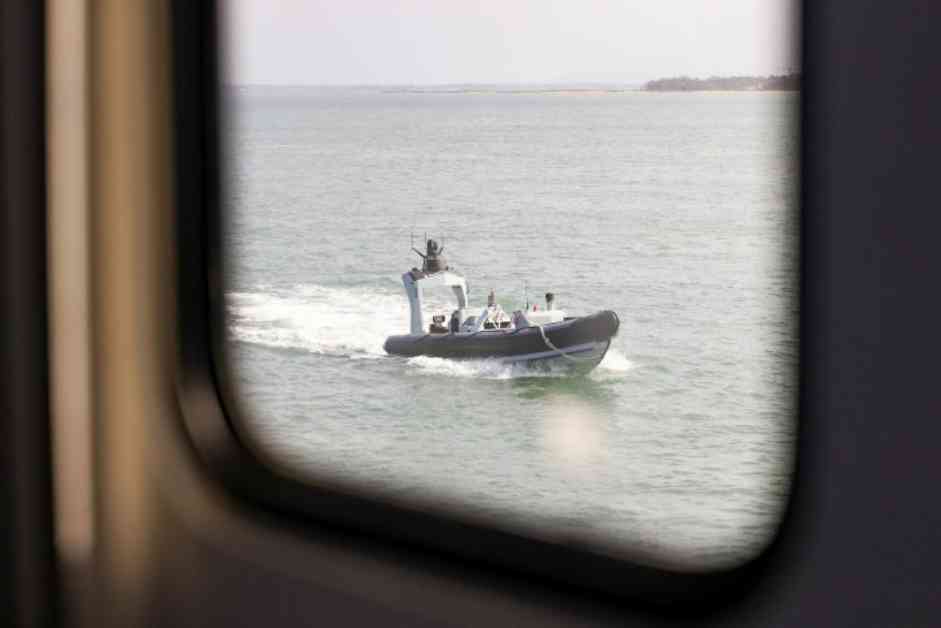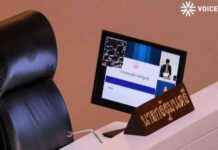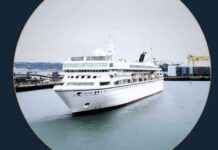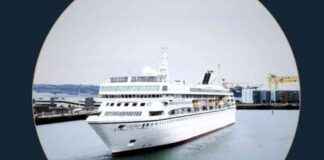The Royal Navy, along with the navies of Australia and the United States, recently conducted a series of military experiments involving uncrewed ships as part of the Aukus security pact. This partnership aims to counter China’s increasing influence in the Indo-Pacific region. During the REPMUS24 exercises in Portugal, the navies successfully controlled uncrewed ships in Australia from over 15,000 kilometers away.
The Royal Navy described these experiments as a significant step in bringing new military technology to the forefront at an unprecedented pace. James Parkin, the navy’s director of development, highlighted the success of commanding vessels in a tactically realistic scenario from a remote location. The goal is to create a team of crewed and uncrewed systems capable of operating globally, from the seabed to space.
In addition to controlling uncrewed ships, the experiments, known as “Maritime Big Play,” also tested other uncrewed equipment in operational scenarios. This included dropping payloads from drones, with the ultimate objective of deploying uncrewed technology swiftly to the frontline. The tests conducted during REPMUS24 demonstrated the potential of integrating uncrewed systems into military operations effectively.
Looking ahead, the Aukus nations plan to conduct further experiments later in the year, involving approximately 30 systems in a large-scale demonstration in the Indo-Pacific region. The collaboration between the three nations has been intensifying, with recent reforms aimed at facilitating the trade in defence equipment.
While the Aukus pact has received praise for its technological advancements, China has expressed concerns, labeling the agreement as dangerous and warning of a potential regional arms race. Despite these criticisms, the Royal Navy and its allies remain committed to enhancing their military capabilities through innovative partnerships and cutting-edge technology.
As the navies continue to explore the potential of uncrewed systems in maritime operations, the future of naval warfare appears to be evolving rapidly. The successful execution of the recent experiments underscores the progress made in integrating autonomous technologies into military strategies. With further collaboration and experimentation on the horizon, the Aukus nations are poised to shape the future of naval warfare in the 21st century.




















